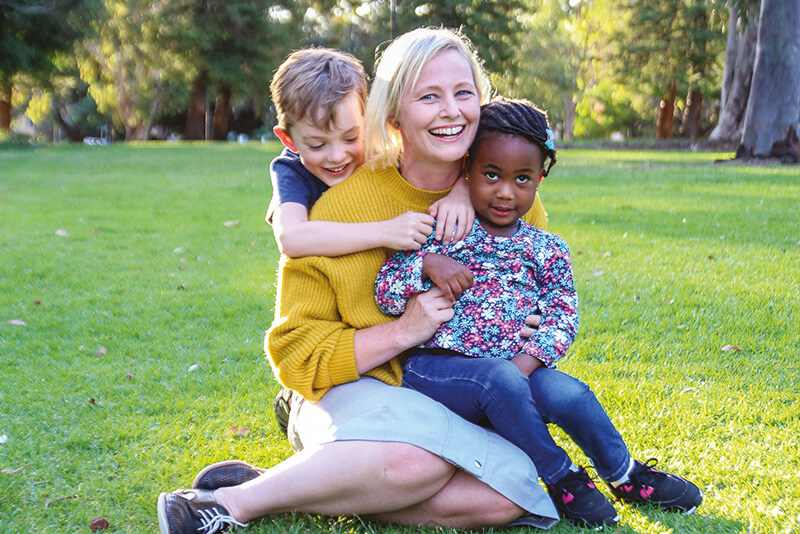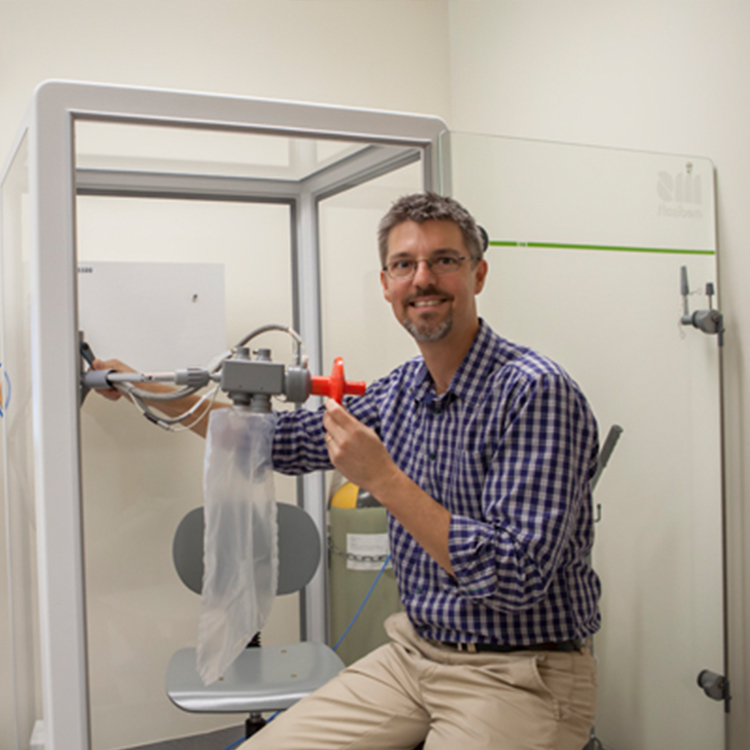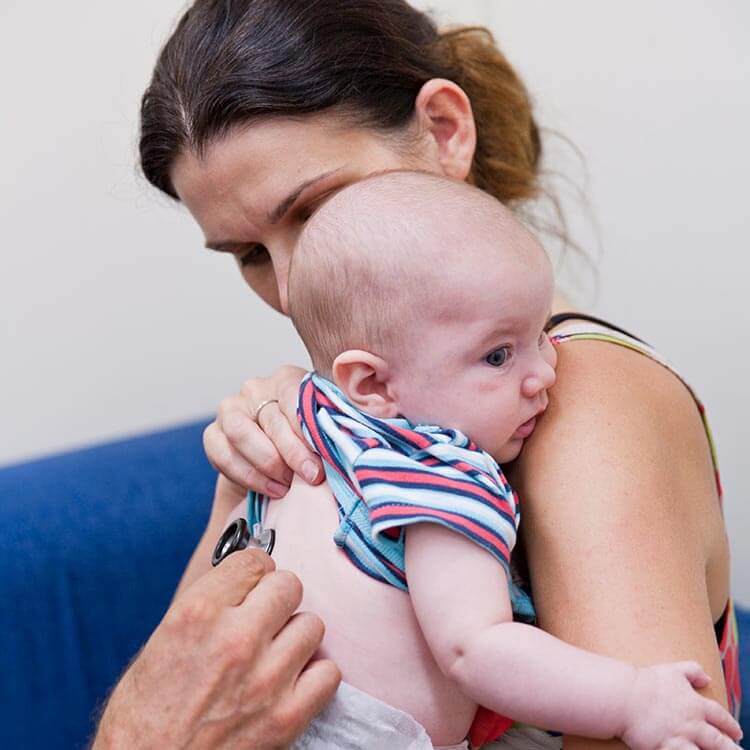Search
We’ve heard from families that trustworthy information about preterm-associated lung disease is difficult to find. In response, we’ve created resources to empower families with the knowledge they need to manage these challenges.


News & Events
Lung study helps history-making generation get a handle on their healthA lung function study carried out by Dr Shannon Simpson provided the most comprehensive follow-up of very pre-term children of any study so far carried out on the lung health of this vulnerable group.

News & Events
Global push to eliminate confusion on lung function testsA global research network has taken another step towards standardising the way doctors interpret commonly used lung function tests.

News & Events
Trial determines safest airway device for babies in surgeryA groundbreaking WA trial, published in The Lancet, has determined that a laryngeal mask for babies is preferred over endotracheal tube during minor surgeries
Research
PELICAN: Prematurity’s Effects on the Lungs in Children and Adults NetworkThe PELICAN (Prematurity’s Effects on the Lungs in Children and Adults Network) Clinical Research Collaboration was launched by the European Respiratory Society (ERS) in 2020
Research
Inhaled corticosteroids to improve lung function in children (aged 6–12 years) who were born very preterm (PICSI): a randomised, double-blind, placebo-controlled trialDespite the substantial burden of lung disease throughout childhood in children who were born very preterm, there are no evidence-based interventions to improve lung health beyond the neonatal period. We tested the hypothesis that inhaled corticosteroid improves lung function in this population.
Research
The ventilatory response to hypoxia is blunted in some preterm infants during the second year of lifePreterm birth and subsequent neonatal ventilatory treatment disrupts development of the hypoxic ventilatory response (HVR). An attenuated HVR has been identified in preterm neonates, however it is unknown whether the attenuation persists into the second year of life.
Research
A primary cell model of the very preterm epithelium reveals barrier defects at 1 year of ageLimited evidence suggests that airway epithelial structure and function is disrupted in very preterm infants; however, the epithelial morphology and physiology has not been well characterised following discharge from neonatal intensive care. This study aimed to characterise the nasal airway epithelium from 1-year-old survivors of very preterm birth.
Research
Who gets asthma, and why?Citation: Evans DJ, D Sly PD, Foster P, Donovan C. Who gets asthma, and why? Med J Aust. 2025;223(S10):S19-S23. Keywords: Asthma; Lung diseases;
